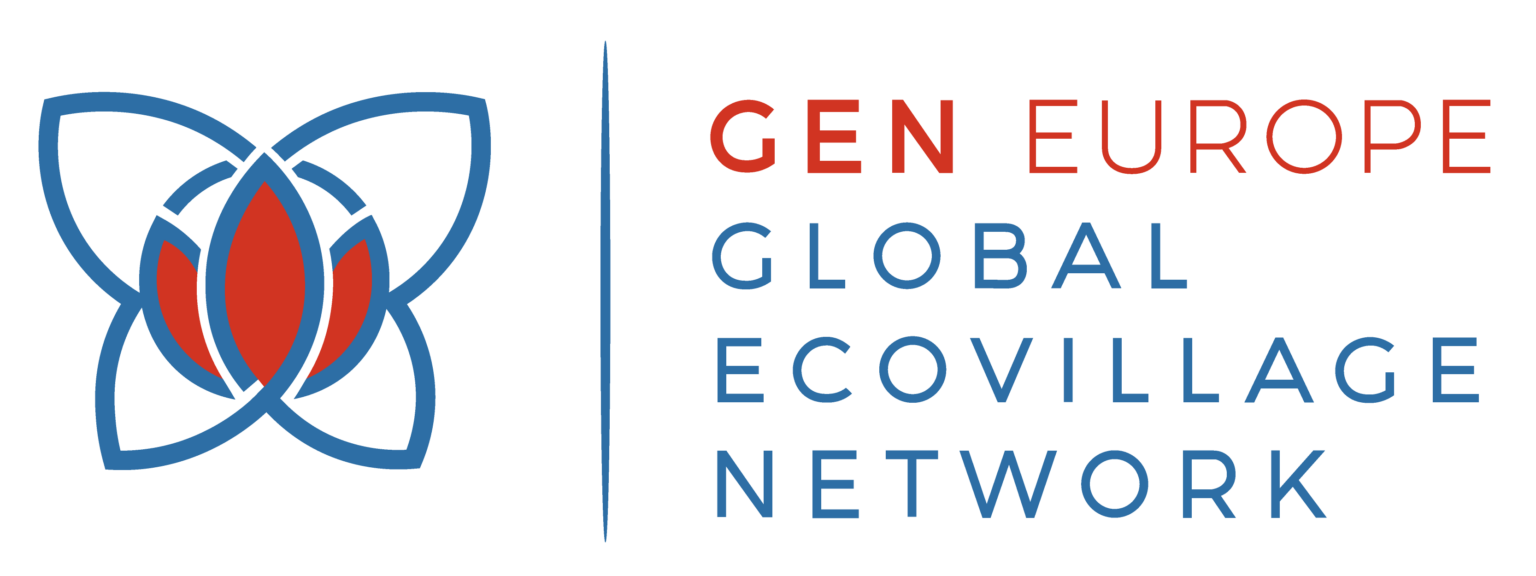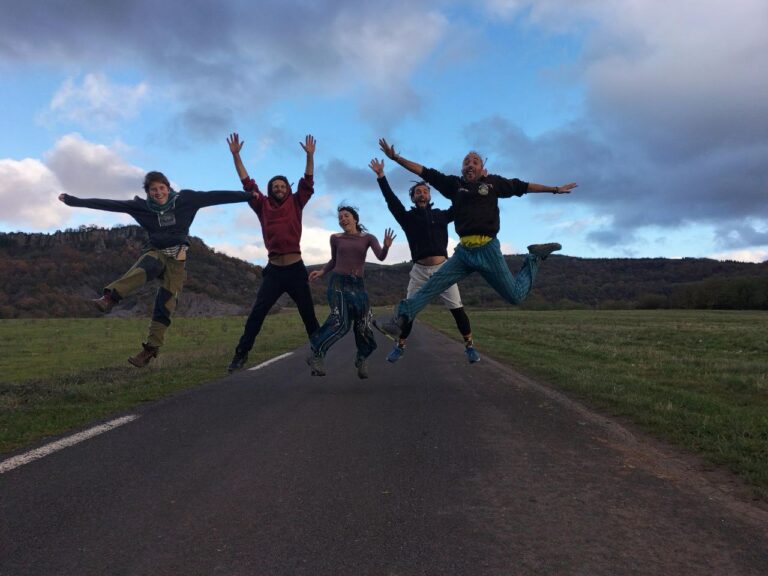ERASMUS+ mobility for youth workers
CALL FOR PARTNERS
Deadline February 23, 2023
For becoming a partner, please sign up your organisation here until the 10th of February.
For all those who have collaborated in trainings before, we are trying a new approach this time. With the pandemic, it hasn’t become easier to work with projects, things change a lot and everything seems to happen very short notice.
This time, you simply sign up for the type of training you would like to partner in. Our team will then distribute the partners among the different applications. We will factor in different aspects like travel distance, balancing numbers and composition of the project partners but also your preferences if possible – write us an email.
Project Overview
| Project title | Venue(s) | Contact person |
| Project creation training | tbc | Jennifer |
| CLIPS | Hungary & Spoluzemě Vrábsko, Czech Republic, | Ulrike |
| Bridgedale Training | Zajezka, Slovakia | Ivana |
| Graphic Facilitation | Mas Les Vinyes, Spain | Baldesca |
For further information about each training specifically click on the project title in this table.
General Information
Partner Organisations
The partners in these projects should have a clear focus either in youth work or sustainability education. All must work with youth as a target group.
Responsibilities of the partner organisations:
- be available for online communication before, after and during the training
- contribute to dissemination of the project e.g. publishing a story about the training (written by the participants) on your website/ in your newsletter
The partner countries can be EU members, Norway, Liechtenstein, Iceland, Balkan countries, countries neighbouring the EU to the East and most countries around the Mediterranean.
Participants
There is no age limit for participants of these trainings and we always encourage the participation of people with fewer opportunities.
Participants need to be actively working with young people in some way that is relevant to the content of the training, whether as a paid job or in a voluntary function. This may range from classic youth work to being the youth leader in youth exchanges or supervising young volunteers. Young people, in this case, are defined as ages 13-30.
For all trainings, we expect a high level of commitment from the participants, active participation for the full training duration and to follow-up activities, especially for those trainings that include the creation of follow-up projects.
Practical & Finances
Participants need to be there for the entire duration of the training, participate in dissemination activities and fill in the participants’ report required by Erasmus+ after the end of the training.
The EU grant for these trainings covers food and accommodation at the venues as well as the training fee. There is a travel grant that may or may not be quite enough to cover real costs, so you might need to top it up a bit.
Become a Partner
For becoming a partner, please sign up your organisation here.
If you have any questions related to the content of these projects, please write to the respective contact person.
Project Details
CLIPS Training
The purpose of CLIPS – (Community Learning Incubator Programme for Sustainability) training is to suggest and explain a framework to support any type of group that wants to run a sustainability project.
CLIPS training is a solution-oriented programme to help people involved in community-led projects in their initial steps, but also provide tools and methods to existing initiatives that struggle with problems or simply need revitalisation. CLIPS is based on learnings and insights from established ecovillage projects. These insights have been distilled into concepts and methods applicable to any group that recognizes the value of community.
The participating youth workers will learn about the CLIPS model and experience and practice some of the CLIPS group facilitation tools.
It is possible that this training will be submitted at a later deadline.
Project Creation Trainings
We will explore the ERASMUS+ programme 2021-2027 with a focus on the YOUTH sector for the possibilities and get background knowledge relevant to creating projects regarding the education of people working with young people (youth workers). The participants will improve their skills and expertise in project design. The Project Creation training combines three main elements into one training: to learn about the Erasmus+ programme, learn about application writing, and form teams that create concrete projects.
The Erasmus+ Programme
The training will support participants in understanding the programme and making the most of its new green priorities, putting them in relation to the work of ecovillages and ecovillage networks or other sustainable initiatives. Participants will get guidelines about what actions are available under the new programme and which ones are most suitable for their organisations.
Application Writing and Project Design
This training gives an introduction to application writing in general, especially for those who are new to it, looking at the requirements for different types of projects within the programme. Sound project design is an important factor for successful projects. Experienced project managers will share tips and tricks on how to make things easier and what good project design may look like.
Project Creation
Participants will get the chance to be creative, brainstorm ideas for new projects and build teams around the most promising ideas. Project teams will use the time during the event to work out a draft application. After returning home, the collaboration continues online and the drafts are turned into real applications to be submitted for one of the next deadlines.
These Project Creation trainings are happening regularly in different ecovillages and communities across Europe and they’re usually quite successful. You can see an example here.
Bridgedale Training
The training is based on a creative database of games, workshops, and storytelling named Bridgedale360. It is a virtual township with 16 buildings representing 16 modules about different aspects of regenerative development – from the global economy to compost and recycling, from collective decision-making to artistic expression. It is a toolkit of over 80 stories and activities that help youth workers to bring awareness to youth about global challenges and to encourage sustainability thinking, activism, and personal development.
Bridgedale360 is the result of the EU-funded ERASMUS+ strategic partnership „Youth-led Societal Innovation for Resilience“ in which the methods and activities were collected and created from the experience of educational groups from 7 countries.
As a training about experiential learning, this space will be an experience itself. The participants will lead and participate in a wide range of games, workshops, and stories which they can use later in their youth work in communities, youth centers, and other places working with youth and topics of environment, climate change, society, personal growth, resilience, and global regenerative development. We aim to build more confidence, practical and emotional capacity of the youth workers and enable them to empower young people.
Graphic Facilitation & Recording
The ability to communicate is crucial in every sphere of our life: to have healthy personal relations, to be successful through studies, to access new job positions, to exercise social leadership, in our organisations, or to transfer our ideas into bigger groups and audiences.
In a highly digital world, especially experienced among the youth, it can be challenging to reach youth with existing methods and keep their active attention. Graphic facilitation with its visual language is offering a different perspective than what is characterised by digital competencies, as it catches the eye and sparks joy and imagination.
This becomes especially relevant for youth workers and youth leaders, where communication is a crucial aspect in each stage of our activities and clearly influences the dynamics and motivation of groups and individuals. Graphic facilitation can be a unique way to facilitate by the use of simple visual drawing techniques to help groups “see what others think”. The method helps to achieve common understanding and direction, and it improves commitment and results at meetings, through processes, and in projects.


